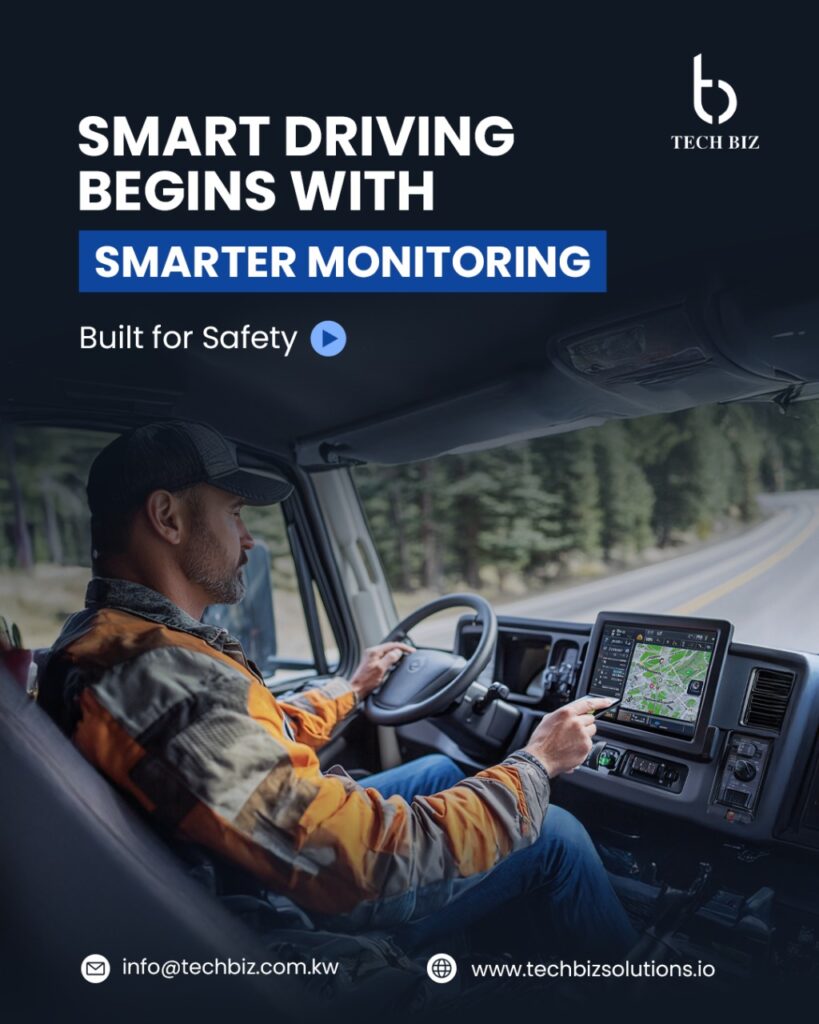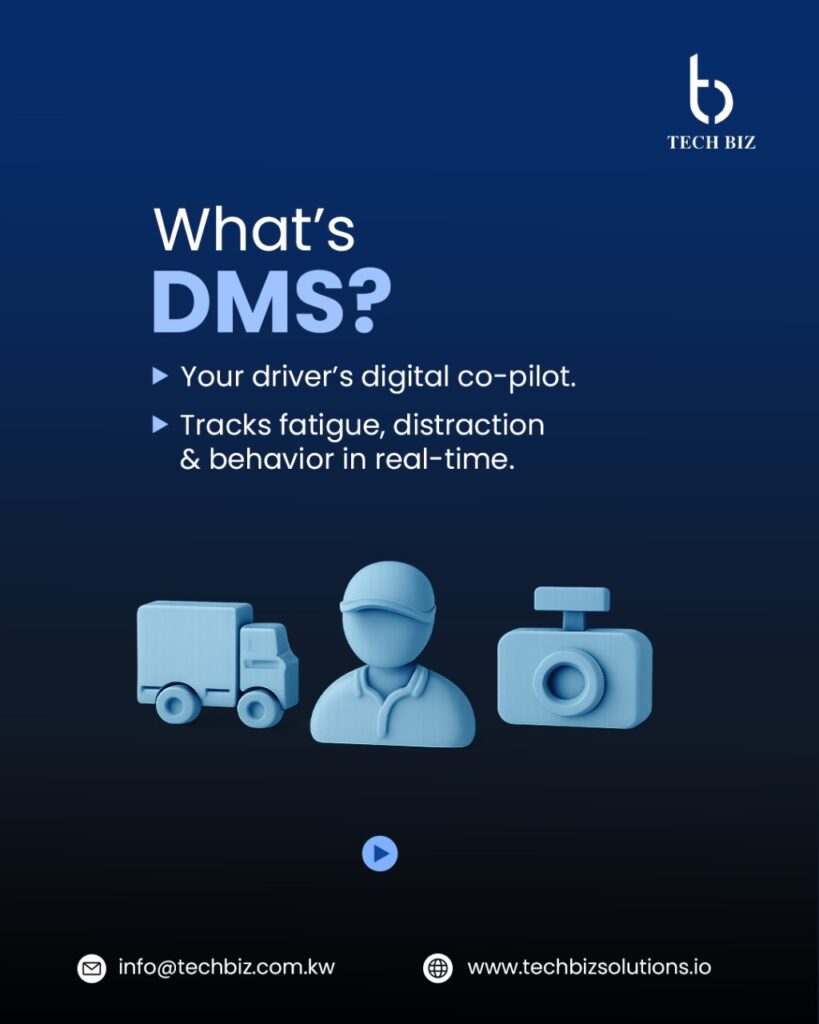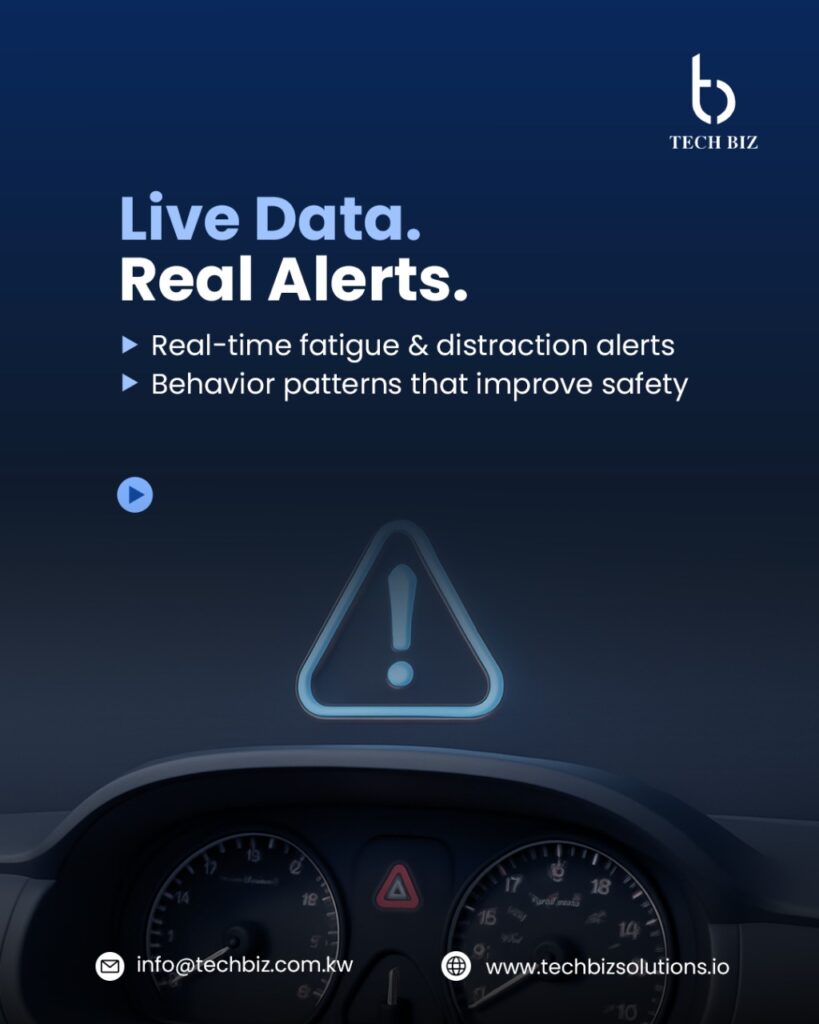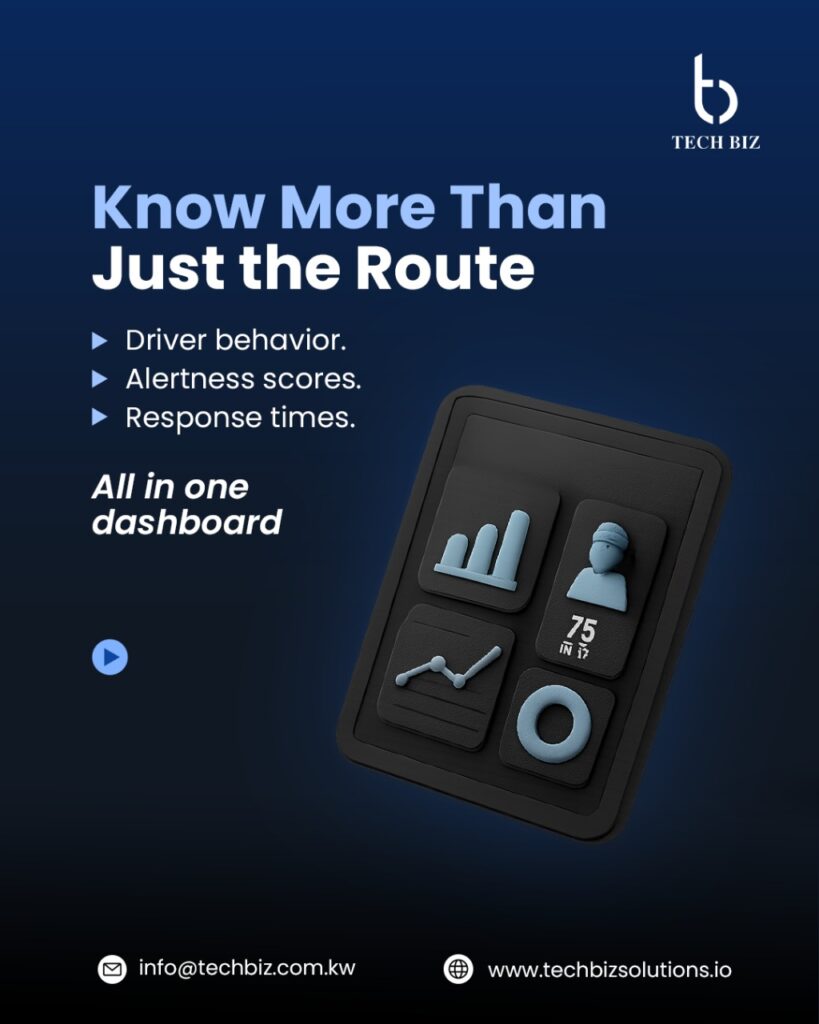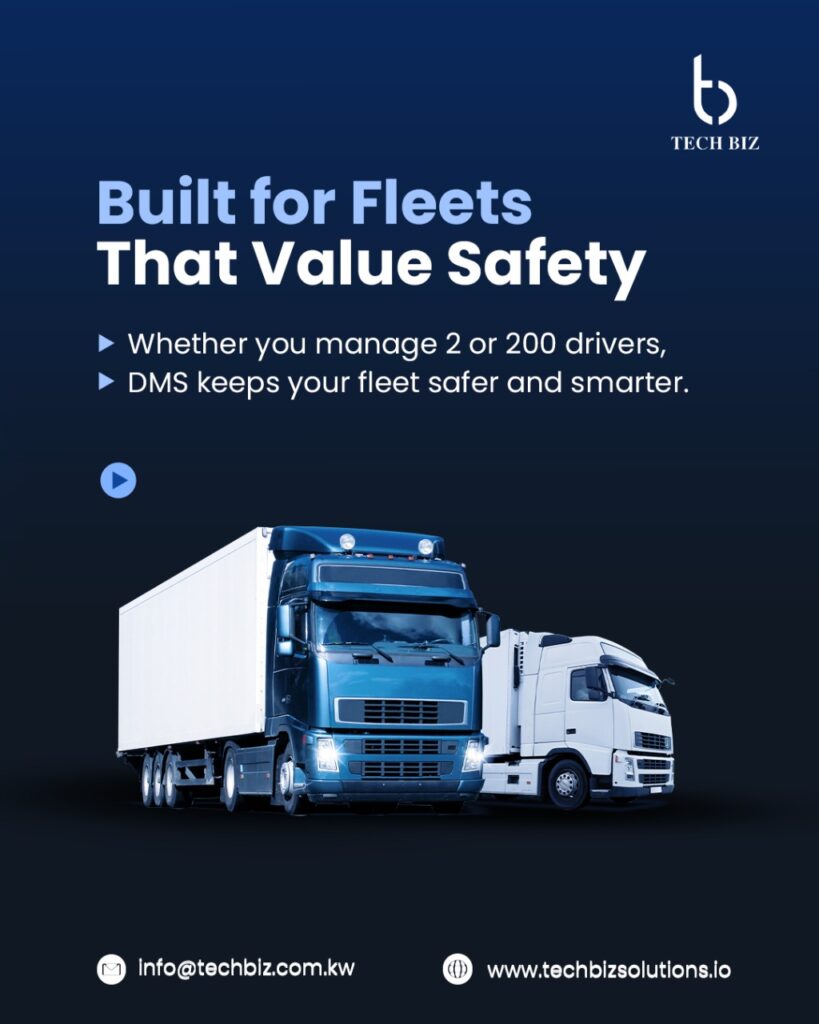Blogs

1. Detecting Fatigue Before It Becomes Dangerous
Fatigue typically develops slowly, and drivers may not even realize when their alertness is declining. Modern fatigue detection systems monitor indicators such as:
- Eye closure frequency
- Yawning
- Head position and nodding
- Slow reaction patterns
When the system detects early signs of fatigue, it triggers immediate in-cabin alerts and sends notifications to the fleet or HSE team, allowing timely intervention. This early warning can prevent accidents and protect both drivers and assets.
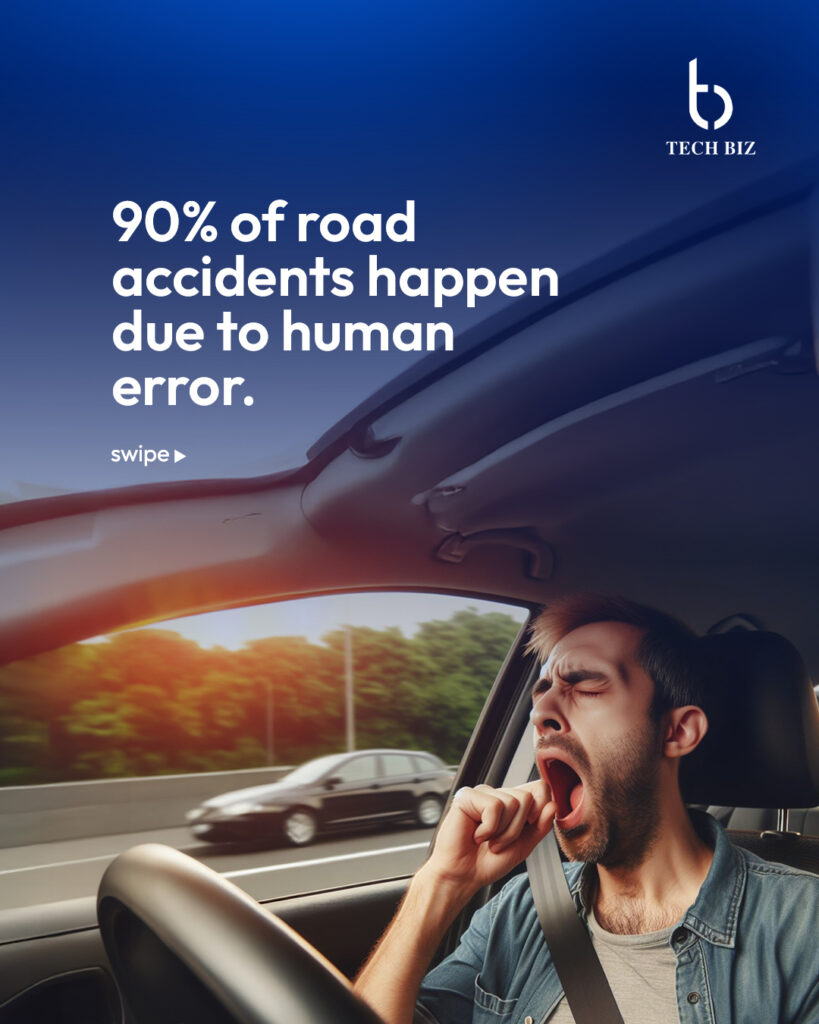

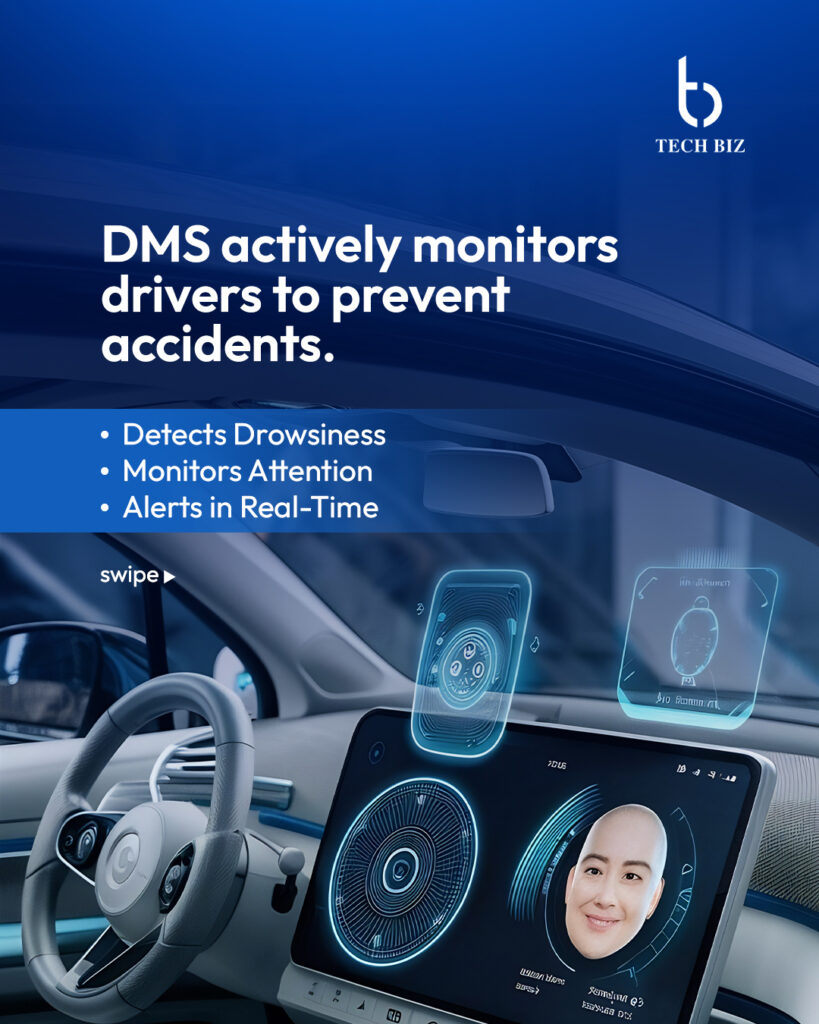
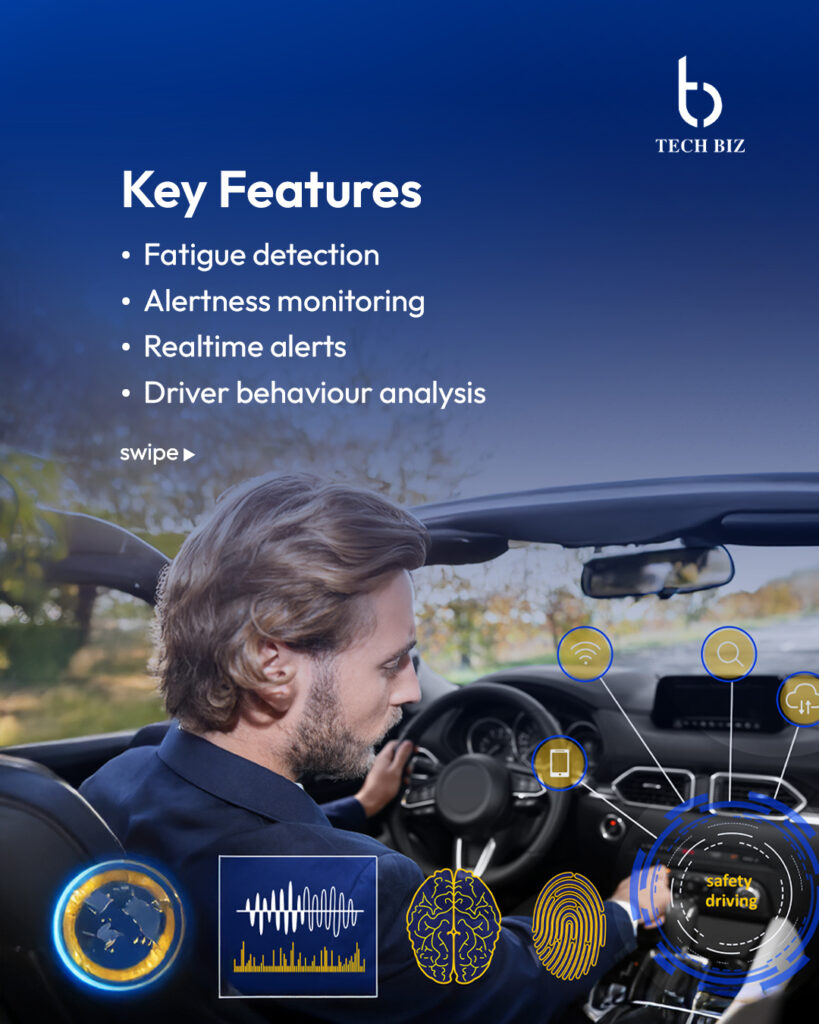


2. Identifying Distraction in Real Time
Distraction can be caused by mobile phone usage, turning away from the road, or interacting with objects inside the cabin. AI-enabled dash cams identify:
Phone usage while driving
Eating, smoking, or multitasking
Looking away from the road for extended periods
These insights help companies understand behavioral risks and provide targeted coaching to improve safe driving habits.
3. Reducing Operational Costs Through Prevention
Incidents caused by fatigue or distraction often result in heavy costs—vehicle damage, insurance claims, operational downtime, and reputational impact. Early detection minimizes these risks, helping organizations:
Reduce accident-related expenses
Lower insurance premiums
Improve vehicle longevity
Maintain uninterrupted operations
Companies that adopt such systems report significant savings through proactive risk management rather than reactive interventions.
4. Providing Reliable Behavioral Data for HSE & Management
The system’s analytics dashboard provides a clear history of events, helping safety teams:
Identify recurring behavioral issues
Implement corrective training
Support incident investigations
Strengthen compliance and safety audits
This documented behavioral data creates a more transparent and accountable driving culture.
5. Supporting Organizations in Building a Safer Fleet
Many organizations are now introducing advanced fatigue and distraction detection as part of their safety standards. The technology is widely accessible, and solutions are available for companies seeking to adopt practical, real-time monitoring tools to enhance driver safety and fleet efficiency.
By combining traditional GPS tracking with behavior monitoring, operations teams gain a more complete picture of what happens on the road—enabling safer decisions, fewer incidents, and stronger performance across the fleet
